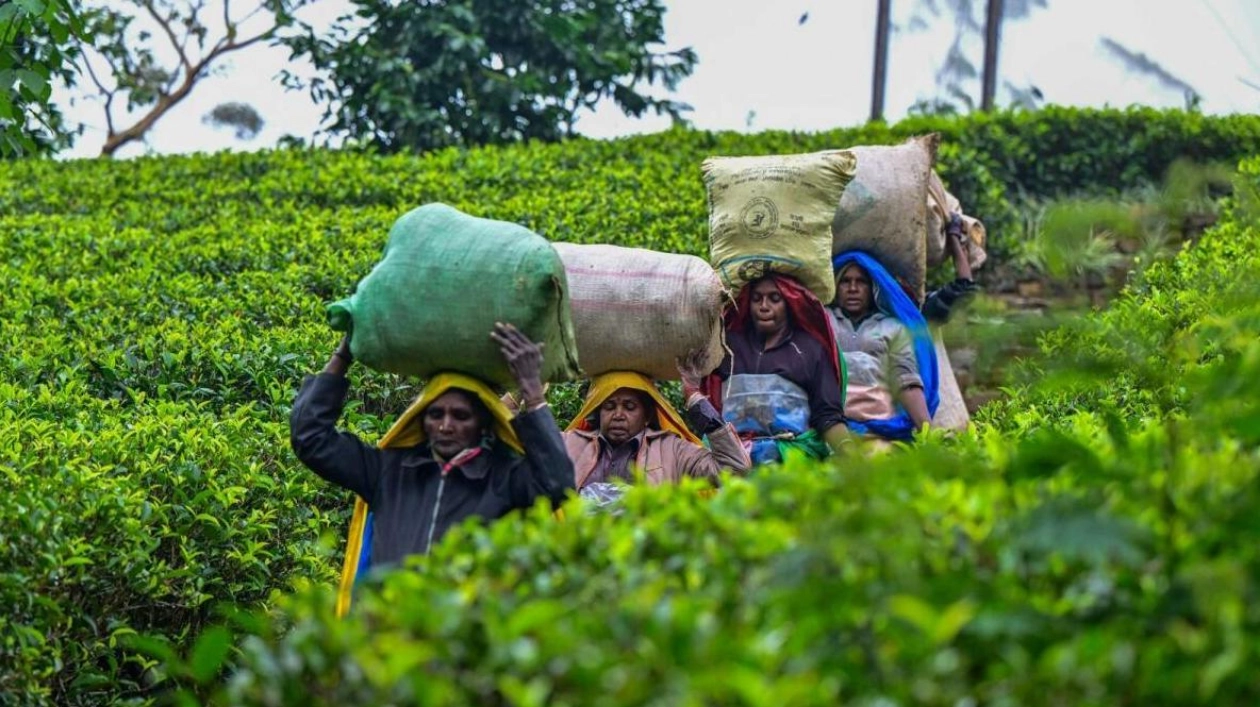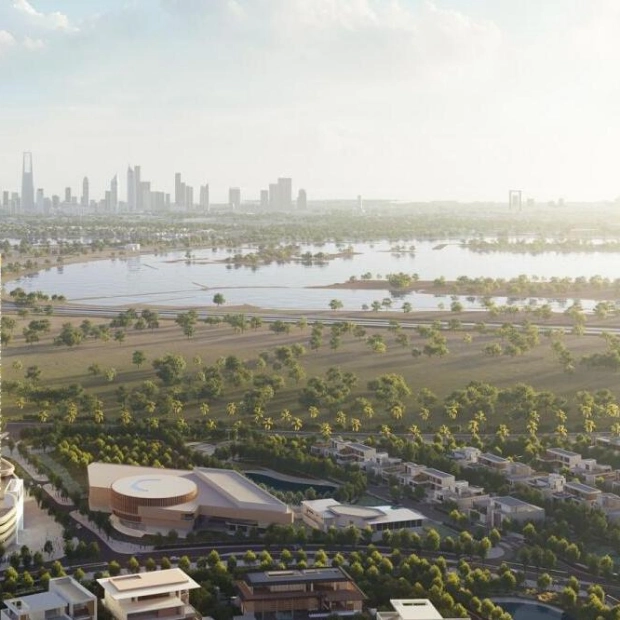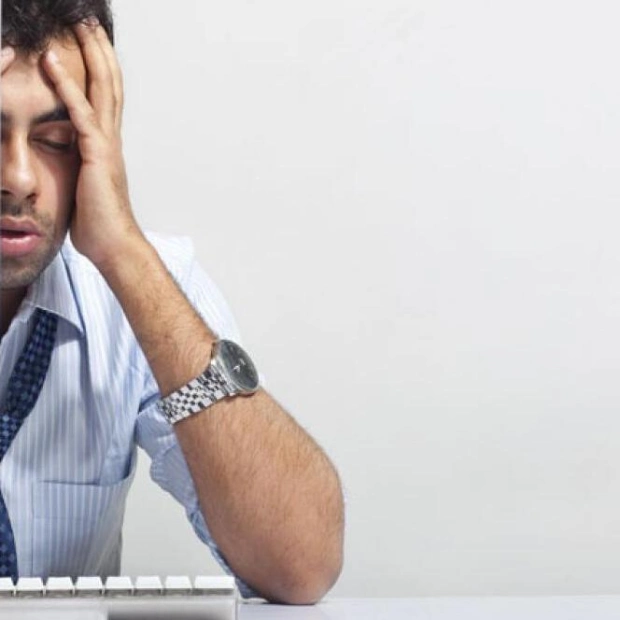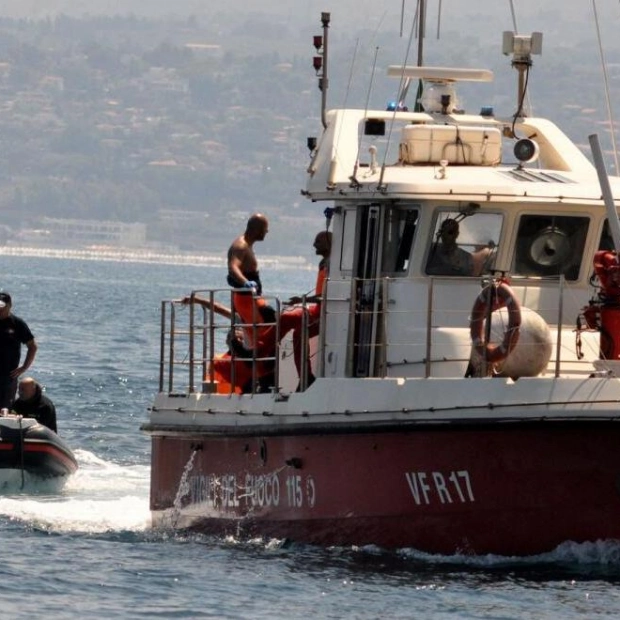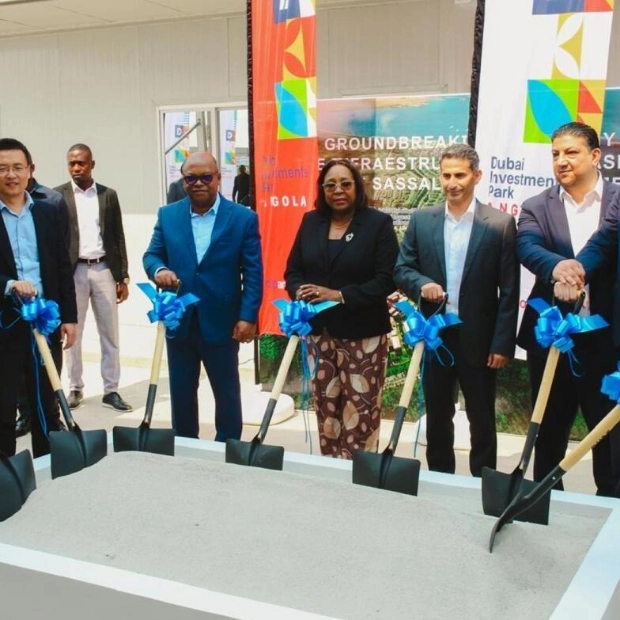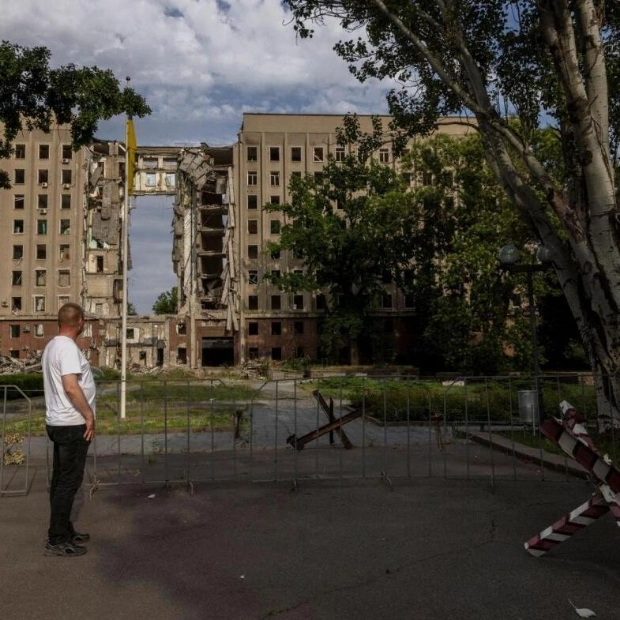Sri Lanka's economy, struggling with financial constraints, experienced a decline in consumer prices for the first time in 39 years, according to official data released on Monday. The September inflation figure dropped to negative 0.5 percent.
Data from the Census and Statistics Department indicated that both food and non-food goods saw price decreases in September, contributing to deflation. This is in contrast to the 0.5 percent inflation recorded in August. Sri Lanka last faced deflation in October 1985, with a figure of negative 2.1 percent.
Inflation had reached its peak at 69.8 percent two years ago during an unprecedented economic crisis in the country. Severe shortages of food, fuel, and medicines sparked months of protests, leading to then-president Gotabaya Rajapaksa temporarily fleeing the country and resigning in July 2022.
His successor, Ranil Wickremesinghe, secured a $2.9 billion International Monetary Fund bailout and implemented tax and price increases to stabilize the economy. However, Wickremesinghe lost office following the recent presidential election.
The winner of the election, President Anura Kumara Dissanayake, has pledged to continue the IMF program while easing some of the austerity measures imposed.
